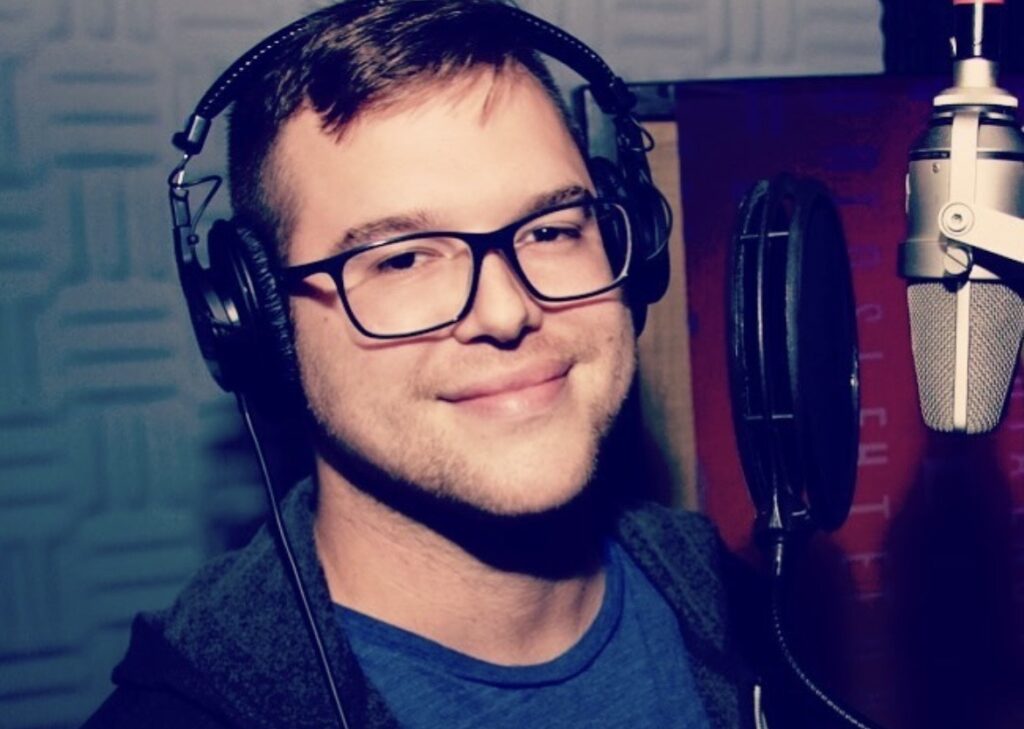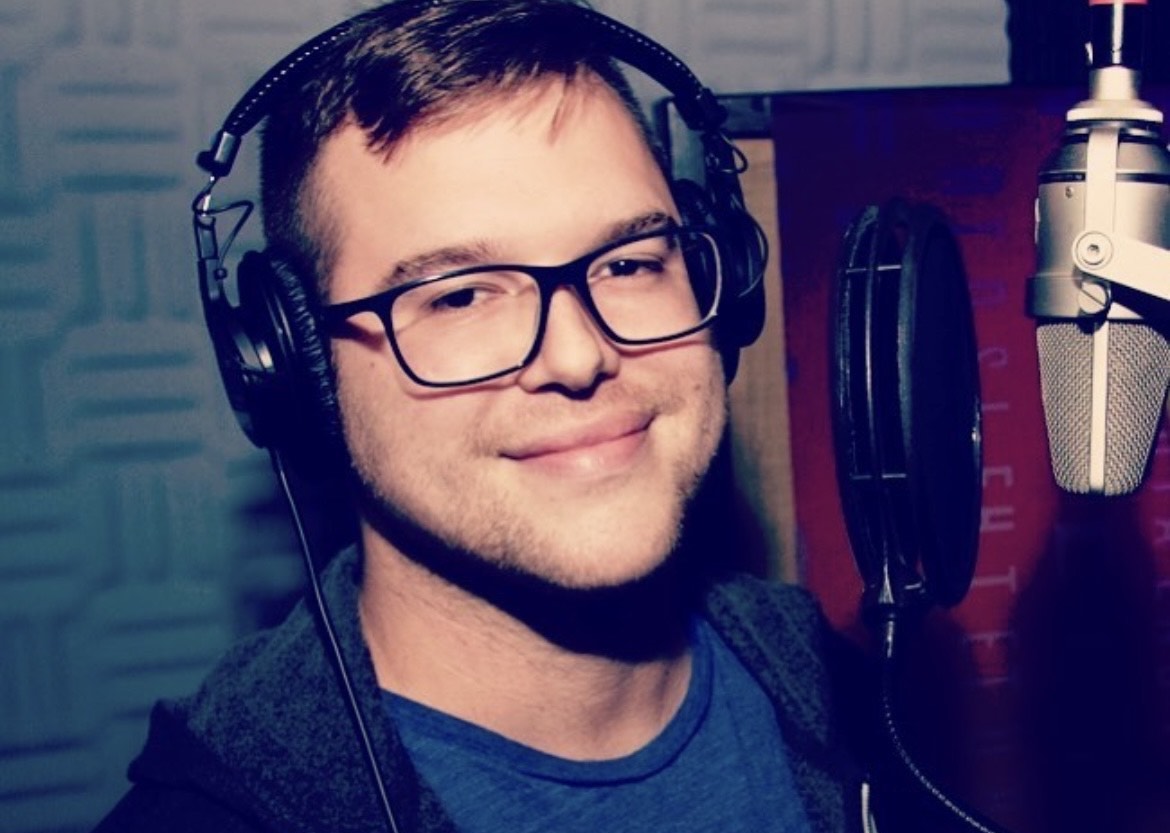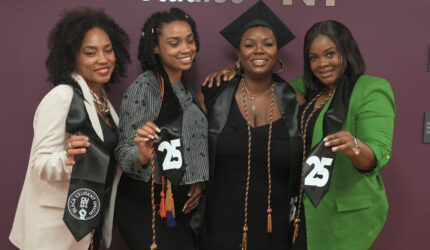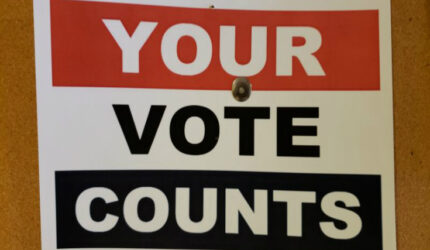
CUNY SPS student Ben Sperling initially found success in the entertainment industry, more specifically in voiceover acting. In a recent interview over Zoom, Sperling said that while he was proud of not having a college degree, something influenced him to want to earn a Bachelor’s in Communication and Media.
“I was doing [voiceover work] on my own and finding some success in that,” Sperling said. “Then something recently just flipped to me where I was like: ‘I wanna come back and finish my degree to just have that credential.’”
He attended CUNY Hunter College in 2008, then switched to Ramapo College in New Jersey, before leaving school when he was 21 because his voiceover career had started working out. He began in improv comedy theater when he was a kid at summer camp, and continued his interest in performing outside of camp. Around the age of 11 or 12, his voice had changed to a noticeable deepness, he said, and soon these two things collided together.
Sperling didn’t know that voiceover could be a career until his teacher from Brooklyn Tech High School asked him to host a fashion show, leading to an appeal in voiceover along with technical experimentation and recording equipment during high school. “That kind of gave me the guidance to figure out what voiceover is, to look into pursuing voiceover specifically,” Sperling said.
Coming from an Upper East Side family of academics, Sperling remembers having taken the NYPD exam during his last year of high school. His family steered him away from becoming a police officer to going to college instead. His interests shifted from considering law school to law enforcement at one point or the academic side of security and counterterrorism to finally reach that pivotal turn to voiceover.
Reflecting on his engagement in college talk radio, Sperling noted that he gained experience that later helped him differentiate between radio and voiceover as distinct fields. He remembers that his first legitimate demo led to paid voiceover work and audition opportunities while he was still in college. His family wanted him to finish the degree, but he chose voice acting over attending class.
“The choice was either to go to the audition or go to my German class. And this sounds rude and crass, but I don’t think the adjunct professor was making what I was being offered for this commercial voiceover job,” Sperling said. “And, me then at 21, thinking I knew everything, was like, ‘What is this professor gonna teach me?’ and what seemed like an obvious choice, so I went to the audition, and I don’t think I ever went back to class.”
Sperling also reflected on the industry dynamics in voiceover, from his in-person community experiences as a working New York actor before COVID-19 to remote work after COVID-19. In one memorable anecdote showcasing the industry’s unpredictability, he recalled that in 2015 he auditioned and booked a Maxwell House’s national commercial following a mix-up with another actor of the same name who was also represented by the same agency.
“This was my first national commercial and this thing opened a lot of doors, and I was that voice for two years, ‘Maxwell House! Good to the last drop,’” Sperling said. “The universe is strange!”
His decision to return to school for a degree in Communication and Media didn’t stem from one thing that pushed him to pursue the credential. Sperling had no immediate career change plans, and he reflects on wanting to give himself options later on where he’s not locked into just voiceover, and maybe there is something else he wants to do, but not right away.
“I love what I do! Voiceover is under pressure from a lot of things, particularly AI, and a lot of the biggest agencies have folded in the last few years,” Sperling said. “CUNY SPS has been perfect for me—tailor-made for what I needed.”





